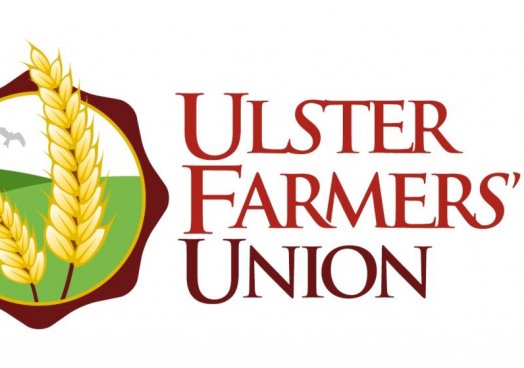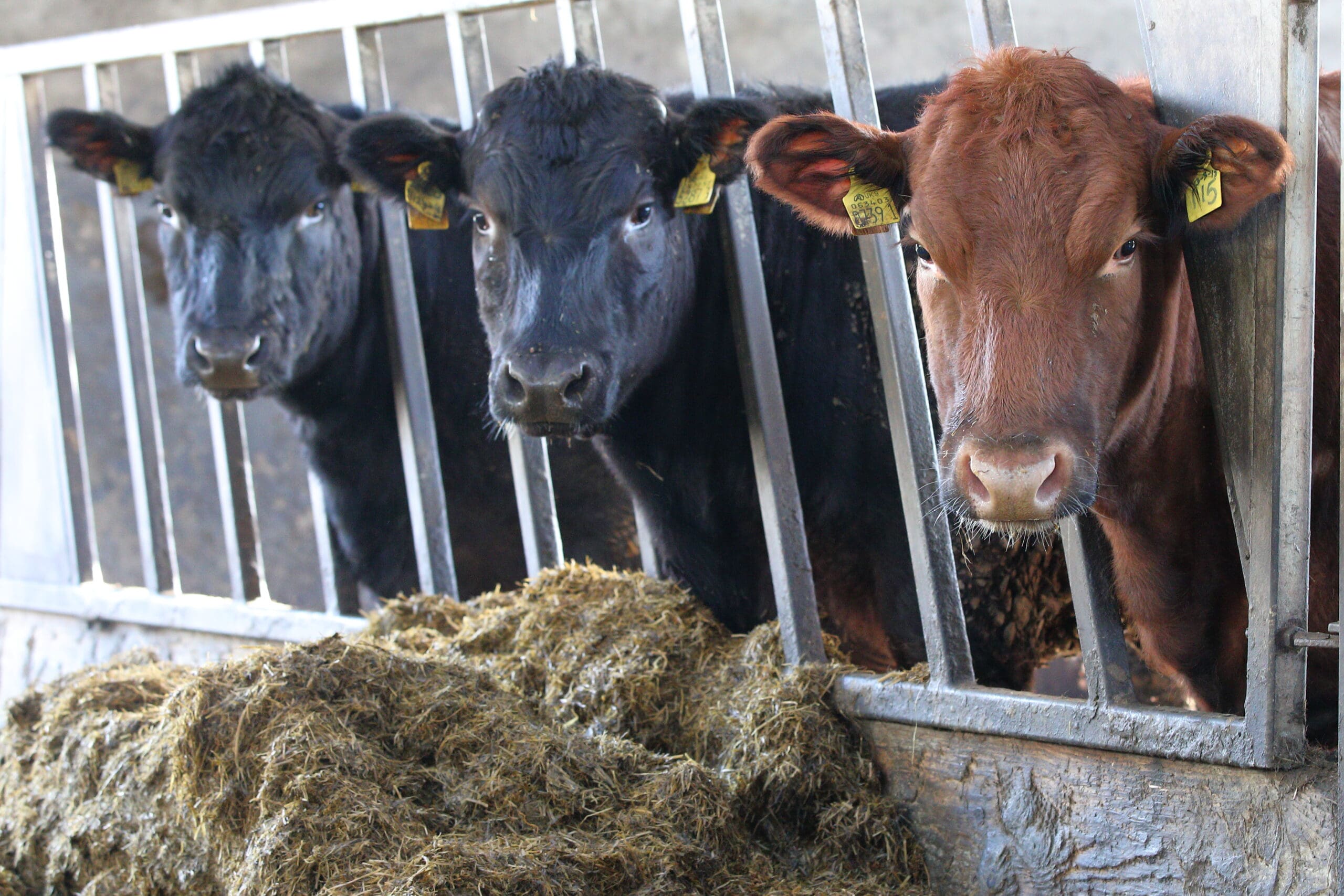
Commodity Watch
UFU Environment Chairman and Senior Policy Officer recently attended a meeting of the European Commission Water Framework Directive Common Implementation Working Group on Agriculture which was held at Greenmount College and represented both the UFU and COPA (the EU farming organisation) at this event.
This meeting was attended by representatives from all of the EU Member States and as part of their itinerary the group toured the new dairy unit and constructed wetlands at Greenmount and visited the Ballinderry Rivers Trust to see the work they are doing there to protect the Freshwater Pearl Mussel which requires working closely with farmers in the Ballinderry catchment.
The Water Framework Directive (WFD) requires all inland and coastal waters to reach at least “good status” by 2015 and to achieve this target, Member States are required to develop River Basin Management Plans which link with other key policy areas such as agriculture, land use, biodiversity, tourism, recreation and flood protection. The current River Basin Management Plans are now ending their first cycle however new RBMPs will be developed over the coming year to run until 2021. In Northern Ireland there are three main River Basin Management Plans the Neagh Bann, North Eastern and the North Western. RBMPs include a ‘Programme of Measures’ to deliver the objectives for improving water quality for various sectors including agriculture. Most of these measures for agriculture in NI are delivered through the Rural Development Programme, Nitrates Action Programme and cross-compliance rules.
As the delivery of many of the WFD objectives for agriculture across the EU is through Rural Development Programmes, the EC have been scrutinising the new Rural Development Programmes recently submitted by Member States to Brussels to check that they meet the objectives and tackle issues identified in the WFD River Basin Management Plans. At this meeting of the European Commission Water Framework Directive Common Implementation Working Group on Agriculture, officials from Brussels clearly outlined that Rural Development Programmes must be seen to tackle water quality issues and if they were not satisfied then approval of the RDPs may not be forthcoming.
The EC Officials also emphasised that they would like to see more Water Framework Directive measures included within the cross-compliance system to ensure that WFD objectives for the agricultural sector would be met. This is something that was introduced but later removed from the CAP Reform proposals at an EU level due to widespread opposition from stakeholders and some Member States. At this meeting in Greenmount, the UFU again took this opportunity to highlight our opposition to such a proposal as did many of the other delegates who were representing Government Departments from other Member States outlining that additional cross-compliance rules was not the best way to achieve water objectives.
The field trip to the Ballinderry Rivers Trust showed in practice the positive results that can be achieved through working with local land owners and farmers on a catchment basis. The Trust working with local farmers in partnership have reduced sediments entering the waterways and also reduced nutrient run-off from farms. The UFU are working with the Ballinderry Rivers Trust to progress some of these positive initiatives further in the catchment and hope that from this recent meeting and visit from EC Officials will show them that the partnership/advisory approach is a much better way of achieving water objectives rather than imposing new rules on farmers.




